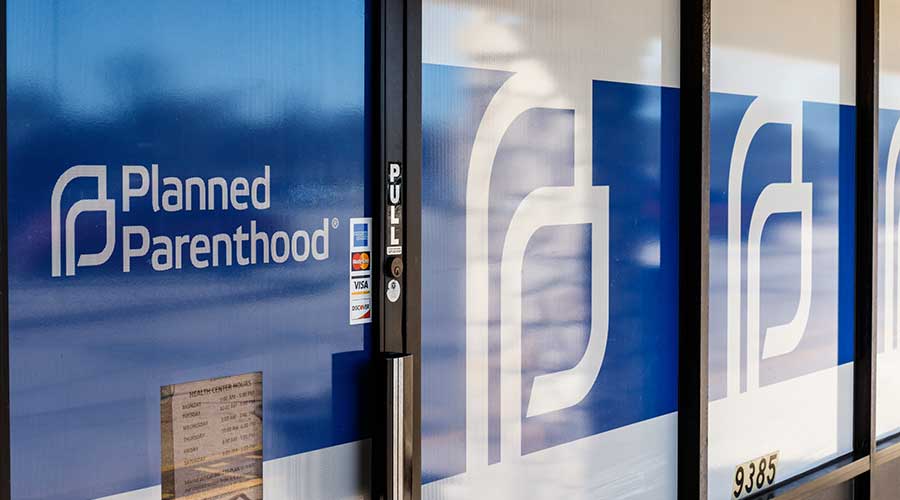New Jersey Governor Phil Murphy recently announced funding for reproductive health care providers as part of an ongoing efforts to expand protections for and access to reproductive healthcare in the state. The funding includes zero-percent-interest loans for upgrades at reproductive healthcare facilities and grants for security enhancements.
The New Jersey Department of Health, in partnership with the New Jersey Health Care Facilities Financing Authority (HCFFA), is offering zero-percent-interest, forgivable loans to family planning providers seeking to make facility upgrades to deliver care to more patients.
A total of $6,076,438 was approved by the authority’s board for 15 applicants in the first round of this loan program. HCFFA has begun executing loan agreements with recipients. Recipients include:
- Planned Parenthood of Northern Central and Southern New Jersey, including awards to eight facilities in Absecon, Englewood, Morristown, Newton, Perth Amboy, Shrewsbury, Trenton, and Washington
- Planned Parenthood of Metropolitan New Jersey, including awards to five facilities in East Orange, Montclair, Paterson, and two health centers in Newark
- Zufall Health Center in West Orange
- Alliance Community Healthcare in Jersey City
- FamCare, including awards to four facilities in Bridgeton, Glassboro, Pennsville, and Vineland
- Family Planning Center of Ocean County in Toms River
- Hoboken Family Planning in Hoboken
- Rutgers University – Division of Adolescent and Young Adult Medicine in Newark.
To help prevent potential attacks on abortion providers and patients, the New Jersey Office of Homeland Security and Preparedness has opened the application period for the state’s new $5 million Reproductive Health Security Grant Program, which will award up to $100,000 in funding to eligible New Jersey-licensed reproductive healthcare facilities that can demonstrate a high security risk.
This initiative, which requires applicants to complete a site vulnerability assessment or utilize a facility self-assessment tool prior to submission, is primarily geared toward those reproductive health care facilities that may be targeted by violence, property damage, vandalism, harassment, or similar illegal activities.
Like the facility grants, eligible applicants include facilities in good standing that provide a full spectrum of reproductive health care services.
Largely modeled after the State’s existing nonprofit security grant program, the 2023 Reproductive Health Security Grant Program’s available funding may be used for:
- hiring security personnel
- purchase and installation of target-hardening equipment
- security and emergency preparedness training
- emergency planning activities
- procurement of cybersecurity assets.

 Designing Healthcare Facilities for Pediatric and Geriatric Populations
Designing Healthcare Facilities for Pediatric and Geriatric Populations Kaiser Permanente Announces New Hospital Tower at Sunnyside Medical Center
Kaiser Permanente Announces New Hospital Tower at Sunnyside Medical Center Building Disaster Resilience Through Collaboration
Building Disaster Resilience Through Collaboration Amae Health Expands to New York City
Amae Health Expands to New York City Hospital for Special Surgery Opens Two New Facilities in New Jersey
Hospital for Special Surgery Opens Two New Facilities in New Jersey